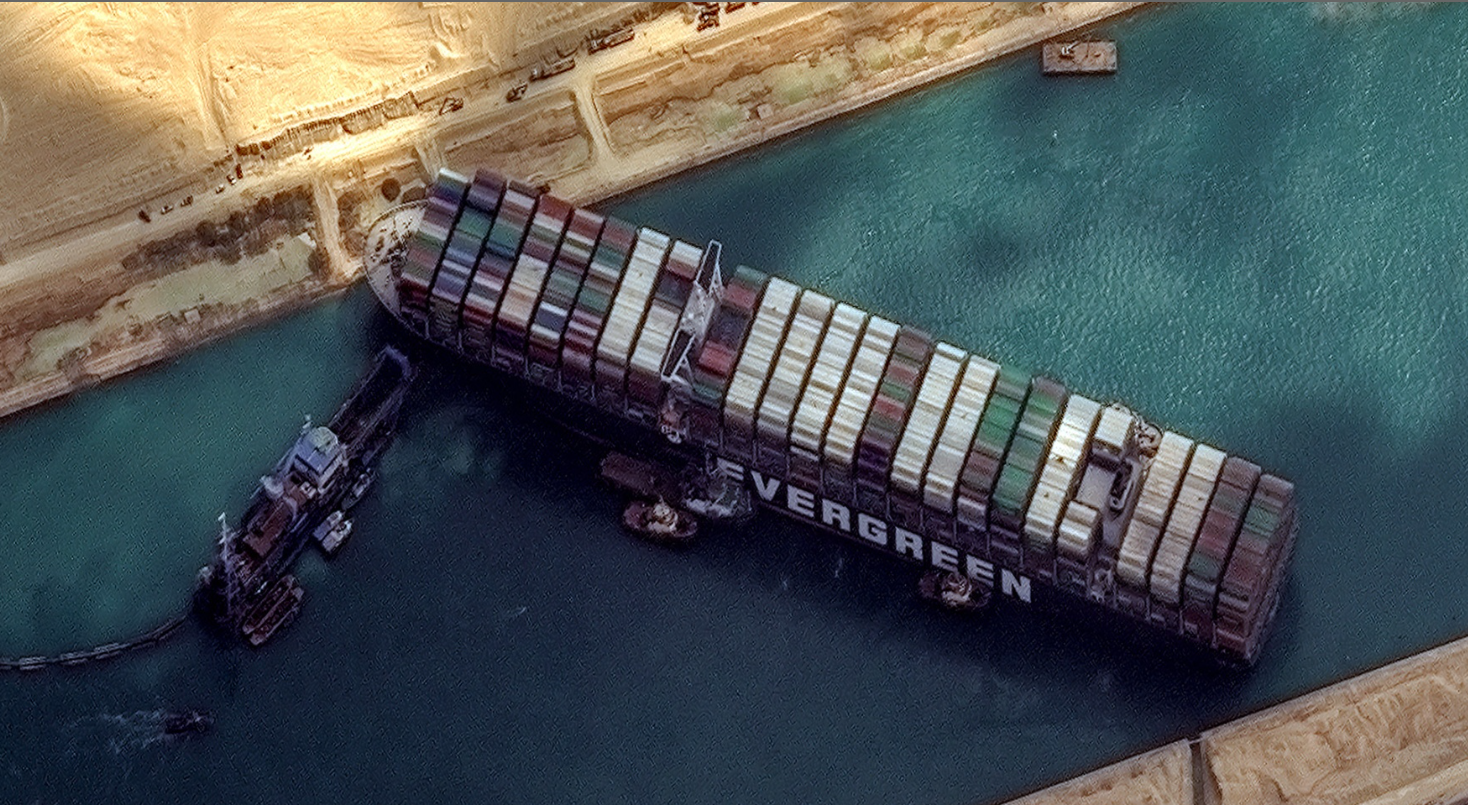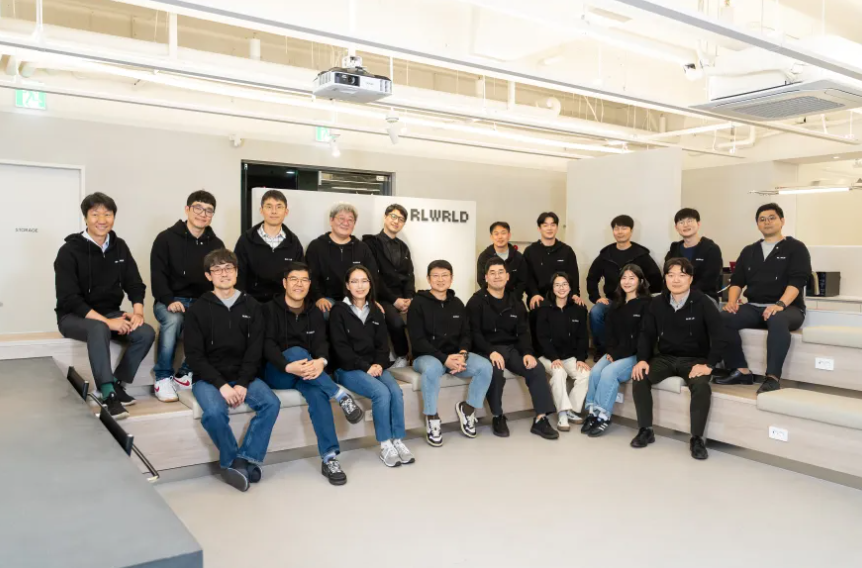Thomas Larrieu, a supply chain expert, addressed the TEDxÉcolePolytechnique audience this month to enlighten them on the often overlooked yet crucial field of supply chain management. He began with a compelling example of the catastrophic impact of a cargo ship blocking the Suez Canal for six days, which halted 400 ships and cost $12 million per day. This incident underscored the vital importance of supply chains, especially for essential materials like medical equipment and drugs. Larrieu’s insights delve into how artificial intelligence (AI) could revolutionize this hidden engine of the global economy.
“Supply chain is completely hidden; you are aware of it when something goes wrong,” Larrieu stated. He stressed the significance of supply chains, describing them as the “hidden engine behind our global economy.” This perspective frames his argument for the transformative potential of AI in this domain.
Larrieu co-founded Altasell to improve pharmaceutical distribution in Africa. Later, as Chief Data Scientist and eventually CEO at Upply, he led the digital freight platform renowned for its transparency and efficiency, trusted by industry giants like Amazon, DHL and Coca-Cola.
“Supply chain and transport represent a huge part of the global emissions, about 20% of the CO2 emissions worldwide,” said Larrieu, pointing out the urgent need for innovation in reducing environmental impact. He believes AI can play a pivotal role in optimizing logistics and transportation, leading to more sustainable practices.
Larrieu discussed the potential of AI to manage complex logistics and supply chains.
“The dream will be to have all this information in a digital way,” he explained, projecting a future where AI-driven systems streamline the entire process of optimizing shipments, predicting delivery times and reducing costs while minimizing CO2 emissions.
“AI can organize everything,” Larrieu said, illustrating how AI could handle the coordination of various transport modes and scheduling, ensuring timely and efficient delivery of goods. This capability could revolutionize how goods are transported globally, making supply chains more responsive and resilient.
In his talk, Larrieu also touched on the broader implications of AI in supply chain management, including forecasting and autonomous transportation.
“The AI will be able to book a slot at the warehouse,” he said, which showcases how AI can enhance precision and efficiency in logistics operations.
Larrieu’s vision extends beyond current technologies, anticipating a future where AI and advanced technologies create a seamless, interconnected supply chain network.
“We are not very far from it if you imagine a world where everything is interconnected,” he remarked, inspiring the audience to consider the profound changes AI could bring to global supply chains.
Featured image: Credit: DigitalGlobe/ScapeWare3d/DigitalGlobe






